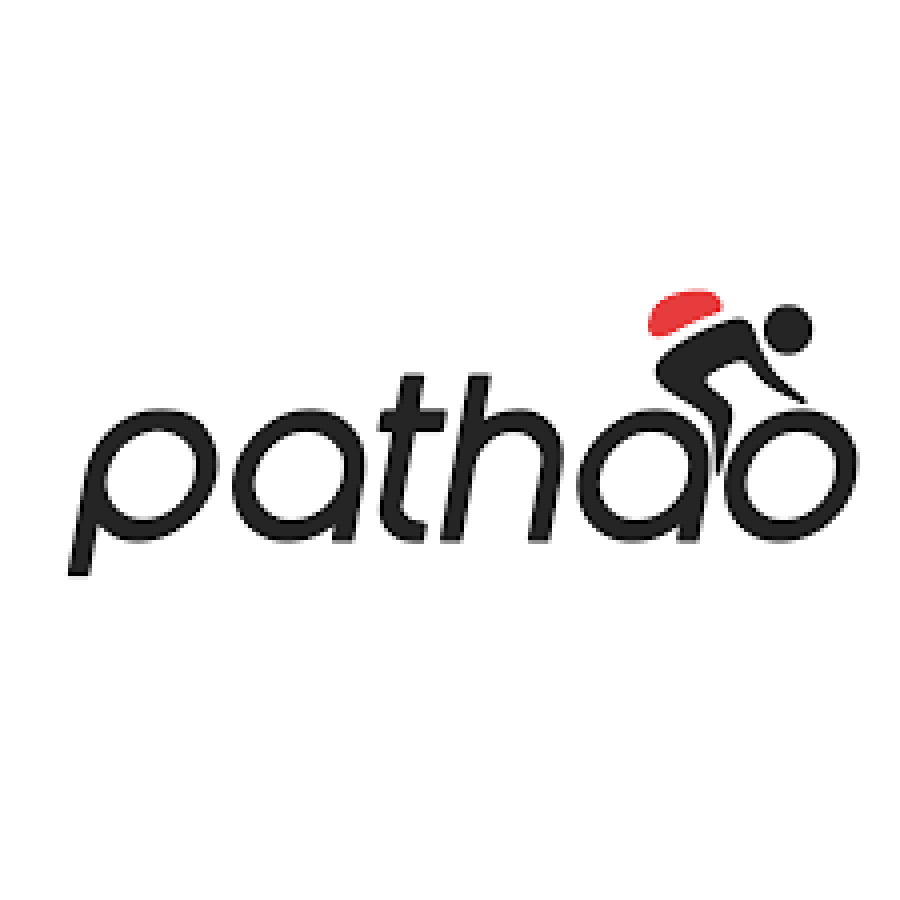National
Tax office determines VAT for Pathao, a ride-sharing app, at Rs3 million
As per Value Added Tax Act, VAT is applicable to the businesses whose annual turnover is over Rs2 million in case of service businesses.
Prithvi Man Shrestha
The tax authority has determined value added tax to be paid by Pathao, a ride-sharing service company, at around Rs3 million although “the company never charged VAT on those who received the company’s service”, officials told the Post on Sunday.
“We have already determined VAT to be paid by Pathao,” said Nara Bahadur Thapa, chief tax officer at Inland Revenue Office, Putalisadak. “The amount has been determined based on applicable VAT and cent percent fine on VAT amount as per the law.”
According to Thapa, it is the initial assessment of tax to be paid by Pathao and the taxpayer has been notified about it. “After it responds to our assessment, we will determine the final amount,” Thapa said. Tax officials said that despite getting registered in VAT, Pathao failed to raise VAT—and subsequently failed to pay—so the tax office was forced to determine its tax liability.
As per Value Added Tax Act, VAT is applicable to the businesses whose annual turnover is over Rs2 million in case of service businesses.
But, in goods business, the minimum threshold is Rs50 million. Since Pathao and Tootle are service providing companies, VAT is applicable on both of them, tax officials said.
But the tax authority has not determined income tax on Pathao, saying its operation began a few months ago and it still has time to pay the income tax.
When contacted, Asheem Basnyat, regional director of Pathao, refused to talk over the phone.
“Our company’s policy is to respond only via email; an official response is not possible before Monday,” he told the Post.
Last week, the tax authority took a similar action against Tootle, another ride-sharing company, determining that the company was liable to pay Rs34 million in income tax and VAT.
Pathao and Tootle have emerged as an easy way to commute in the Capital because many say the ride-sharing companies save them from crammed public vehicles and expensive taxis.
But the two companies were embroiled in controversy after they were allegedly found to have defaulted on taxes.
The tax authority said Tootle had collected VAT from service seekers in the first year of its operation after it launched the service in fiscal year 2016-17. However, it did not levy VAT on service seekers in the following years.
“Nonetheless, it has to pay VAT because the tax is applicable on its transactions,” said Lal Bahadur Khatri, chief tax officer at the Inland Revenue Office, Lalitpur.
Tootle is a domestic company while Pathao is a subsidiary of the US-based Pathao Inc. Pathao made its foray into Nepal in October last year.
Both companies function under a similar app-based transportation model.
Anyone with a driving licence and ownership of a two-wheeler can sign up to be a “partner” in Tootle’s lingo or a “biker” in the case of Pathao. Once registered, these riders can accept requests from customers. The companies are paid a cut of the fare.
According to tax authorities, Pathao was registered in VAT before beginning its service in the country. But Tootle was registered in VAT after investigation began.
In fact, Tootle had created a system where VAT collected from those who took its service could be seen in the system, according to tax officials. But the VAT collection was not reflected on the system in the later two years.
However, Sixit Bhatta, co-founder of Tootle, told the Post that they had raised VAT in the first year but discontinued it after learning that VAT is not applicable in public transport.
Beside VAT, Tootle has also been forced to pay a huge amount in income tax which is also part of the total tax determined by the tax office.
Bhatta, however, claimed that the tax authority imposed income tax based on entire transactions instead of actual amount the company received after deducting the amount to be received by its partner bikers. “The company does not have a fraction of earning of the tax determined by the tax office,” he said.
According to the Lalitpur-based tax office, Tootle was supposed to pay income tax in the form of tax deduction at source (TDS) which it did not pay. But Bhatta said they let their partners receive everything except certain commission for Tootle. Controversy over these two companies emerged in January after police started taking action against bikers who were giving rides to the people through ride-hailing apps such as Tootle and Pathao, arguing that they were not registered at the Department of Transport, a regulator of the transport sector.
The government has described ride-sharing as “illegal”, citing a provision under the Motor Vehicles and Transport Management Act which bans the use of private vehicles for transport services. But the startup companies decry the outdated law—it was written in 1993—and argue the government needs to amend laws in accordance with time.
“There is a worldwide trend of facilitating the startups by making new laws,” Bhatta told the Post. “Here, we lack laws to govern and guide startups and new technology companies, and in our case—ride-sharing apps. So, we are suffering for taking risks,” said Bhatta. “I am disappointed because I am being portrayed as a tax fraud. The fact is this situation has arisen because of lack of laws.”




 9.6°C Kathmandu
9.6°C Kathmandu














